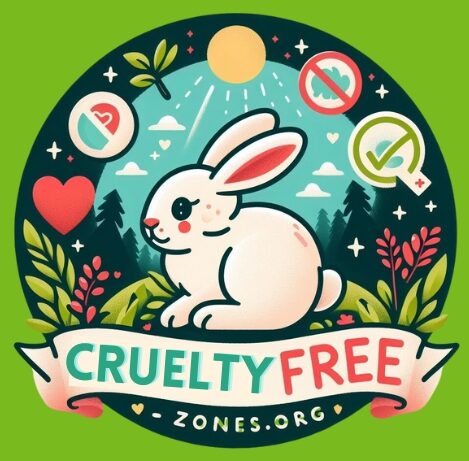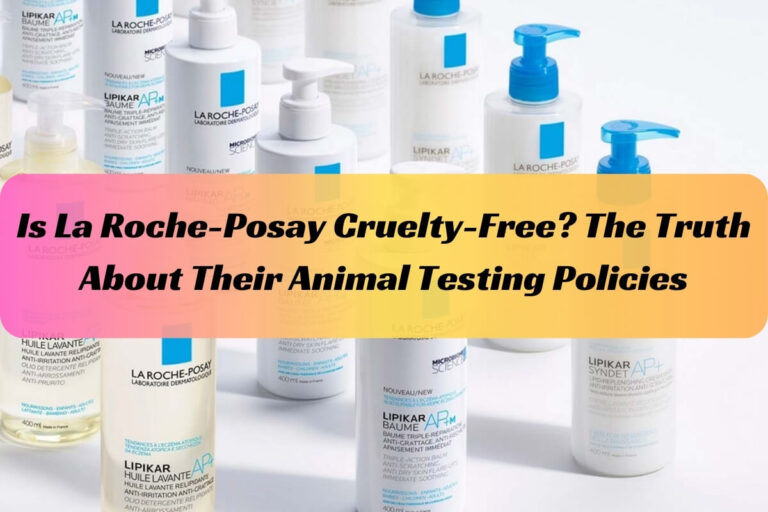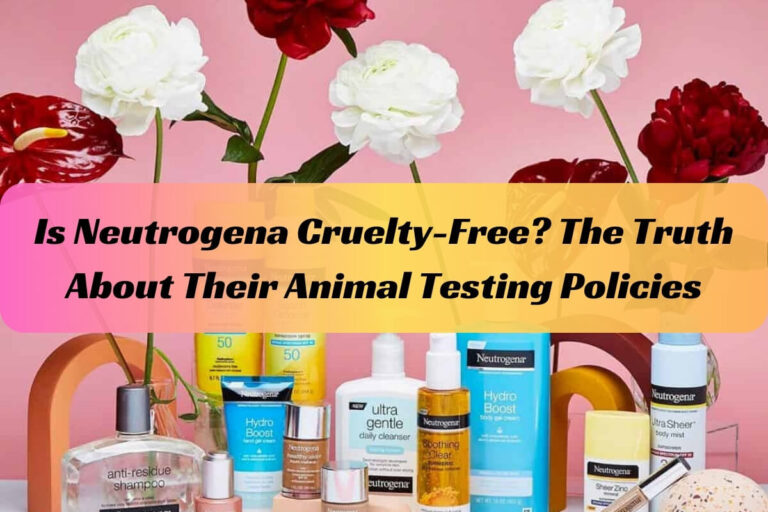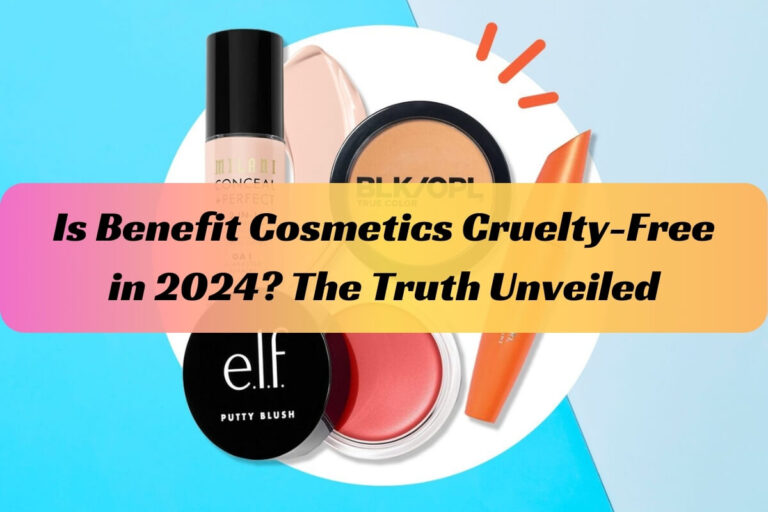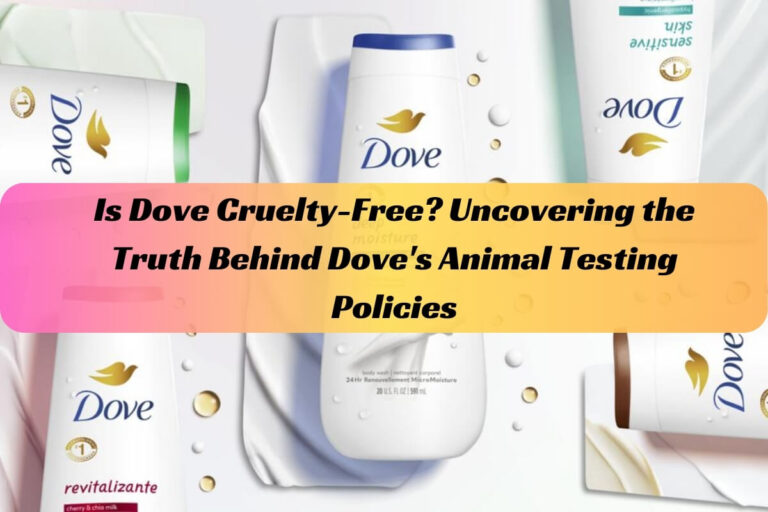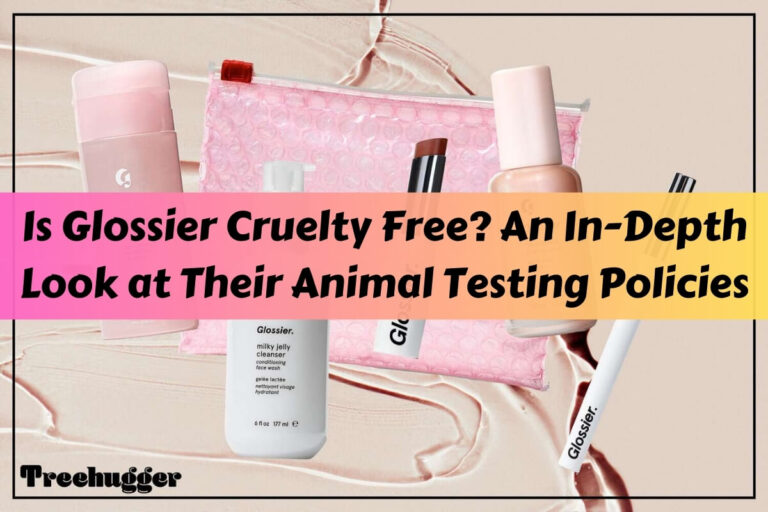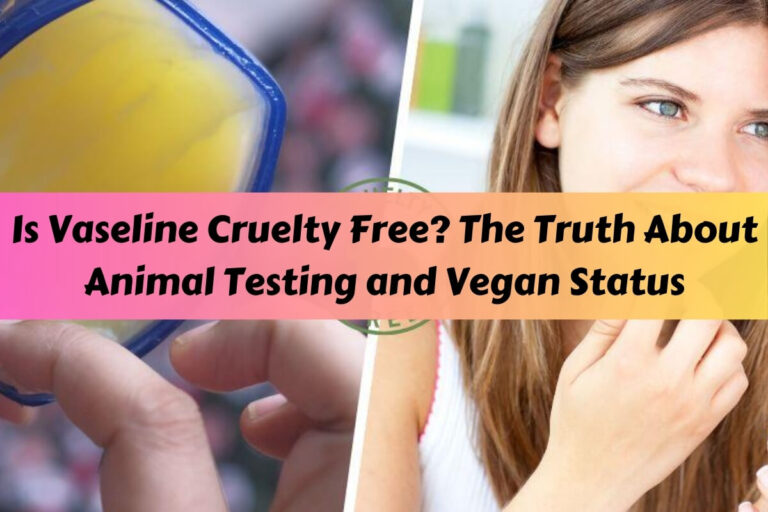Is Rare Beauty Cruelty-Free? The Truth Behind the Cruelty-Free Claims
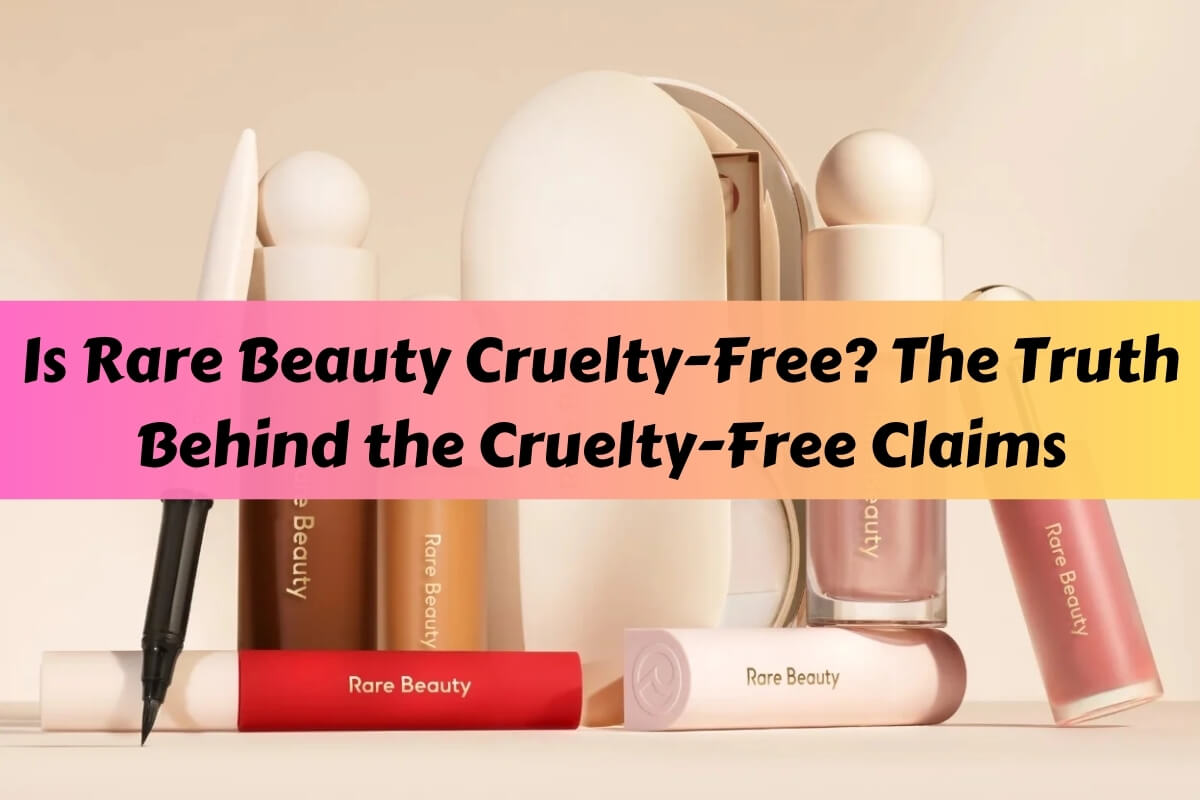
In today’s socially conscious world, consumers are increasingly mindful of the ethical practices behind the products they use, especially in the beauty industry. With concerns about animal cruelty and environmental impact on the rise, many individuals are actively seeking out cruelty-free and vegan alternatives. One brand that has garnered significant attention in this space is Rare Beauty, founded by actress and singer Selena Gomez. But the burning question on everyone’s mind is, is Rare Beauty truly cruelty-free?
Yes, Rare Beauty is a cruelty-free brand that does not test its products or ingredients on animals, nor does it commission others to do so on its behalf. The brand is also certified by PETA’s Global Beauty Without Bunnies program, further solidifying its commitment to ethical practices.
In this comprehensive article, we will delve into Rare Beauty’s policies, ingredient sourcing, certifications, and international selling practices to provide a thorough understanding of the brand’s cruelty-free claims. Additionally, we will explore customer opinions and address common concerns raised by the beauty community. By the end of this article, you will have a clear picture of whether Rare Beauty aligns with your ethical values and can make an informed decision about supporting the brand.
What Does It Mean to Be Cruelty-Free?
In the beauty industry, the term “cruelty-free” refers to products that have not been tested on animals during any stage of their development or production. This includes finished products, ingredients, and formulations. Cruelty-free brands refuse to conduct, commission, or support animal testing, ensuring that no animals are harmed or subjected to cruel experiments for the sake of cosmetics or personal care items.
Cruelty-free means no animal testing, but it doesn’t mean products are free from animal-derived ingredients. Vegan products, on the other hand, exclude both animal testing and animal-derived ingredients.
For ethical consumers, choosing cruelty-free and vegan beauty products is a way to align their values with their purchasing decisions. By supporting brands that prioritize ethical practices, these individuals can contribute to the movement toward a more compassionate and sustainable beauty industry.
Rare Beauty’s Official Stance on Animal Testing
From its inception, Rare Beauty has been transparent about its commitment to being a cruelty-free brand. The company has a clear and unwavering policy against animal testing, which extends to every stage of its product development cycle.
Rare Beauty does not conduct any form of animal testing on its finished products or individual ingredients. This policy is also upheld by the brand’s suppliers and any third-party collaborators involved in the production process. By ensuring that no animals are subjected to testing at any level, Rare Beauty maintains its cruelty-free status from conception to the final product on the shelf.
Rare Beauty’s Ingredient Sourcing Practices
A critical aspect of a brand’s cruelty-free claim is its ingredient sourcing strategy. Rare Beauty takes a comprehensive approach by ensuring that not only are its products free from animal testing, but they also do not contain any animal-derived ingredients, making them vegan-friendly.
The brand collaborates with suppliers who share its ethical stance against animal testing and exploitation. This symbiotic relationship ensures that the ingredients used in Rare Beauty products are ethically sourced, devoid of animal derivatives, and have not been tested on animals at any stage of the supply chain.
To promote transparency, Rare Beauty provides a detailed list of ingredients for each of its products, allowing consumers to review and make informed decisions. This openness not only builds trust but also educates the public about the components they are using on their skin and bodies.
Is Rare Beauty PETA Certified?
One of the most significant endorsements of Rare Beauty’s cruelty-free practices is its certification by PETA’s Global Beauty Without Bunnies program. This certification is awarded to brands that meet stringent criteria, including a comprehensive policy against animal testing and the use of animal-friendly ingredients.
PETA’s certification serves as a powerful stamp of approval, signifying that Rare Beauty has undergone rigorous scrutiny and has been deemed cruelty-free by one of the most respected animal rights organizations in the world. This certification not only validates the brand’s ethical claims but also provides consumers with an additional layer of assurance and confidence in their purchasing decisions.
Rare Beauty’s International Selling Policies
Rare Beauty’s commitment to being cruelty-free extends beyond its product development and ingredient sourcing practices. The brand also takes a firm stance on its international selling policies, refusing to distribute its products in regions where animal testing is mandated by law.
This principled approach ensures that Rare Beauty maintains its cruelty-free status globally, even in markets where animal testing is still a legal requirement for cosmetics and personal care products. By refusing to engage in these regions, the brand sends a powerful message about its unwavering dedication to ethical practices, putting animal welfare above potential financial gains.
In contrast, many other beauty brands have faced criticism for compromising their cruelty-free principles when selling in regions like mainland China, where animal testing is mandatory. Rare Beauty’s decision to avoid such markets demonstrates its commitment to upholding its ethical values consistently, regardless of the potential business impact.
Customer Reviews and Opinions
Rare Beauty’s cruelty-free stance has been largely embraced by the beauty community, with many consumers applauding the brand’s transparency and ethical practices. However, some concerns have been raised about the authenticity of PETA’s certification process, with suggestions that it may be more lenient compared to other certifying bodies.
Despite these concerns, the overall sentiment towards Rare Beauty’s cruelty-free claims remains positive. Consumers appreciate the brand’s efforts to align its operations with ethical principles and provide cruelty-free and vegan-friendly options in the cosmetics market.
Rare Beauty’s Parent Company and Animal Testing
Rare Beauty is not owned by a parent company that tests on animals, which reinforces its commitment to cruelty-free practices since it’s not tied to larger corporations with conflicting policies.
In the beauty industry, it is common for brands to be owned by larger parent companies, many of which are not cruelty-free and may be tested on animals to some degree. However, Rare Beauty stands out as an independent entity, free from such influences and able to uphold its ethical standards without compromise.
For conscious consumers, supporting cruelty-free brands that are not owned by parent companies that test on animals is often a priority. However, others may choose to support cruelty-free subsidiaries of non-cruelty-free parent companies, as these subsidiaries operate independently and can potentially influence the parent company to adopt more ethical practices.
Questions Consumers Ask About Cruelty-Free Beauty
Is Rare Beauty vegan?
Yes, Rare Beauty is a 100% vegan brand, meaning none of its products contain any animal-derived ingredients. This aligns with the brand’s commitment to being cruelty-free and promoting ethical practices within the beauty industry.
How does the brand ensure no cross-contamination?
While specific details are not provided, Rare Beauty likely has strict protocols in place to prevent cross-contamination between vegan and non-vegan ingredients during the manufacturing process. This ensures the integrity of their vegan products and aligns with industry best practices.
Is Rare Beauty’s packaging sustainable and eco-friendly?
Rare Beauty utilizes various packaging materials, including glass, tin, metal, and plastic. The brand has committed to gradually introducing post-consumer recycled materials into its packaging, starting in late 2021. Additionally, their boxes are made from responsibly sourced, FSC-certified materials, and printed with water-based ink, demonstrating a commitment to sustainability.
Are Rare Beauty’s products safe for sensitive skin?
While the brand does not make specific claims about suitability for sensitive skin, the absence of animal-derived ingredients and adherence to cruelty-free practices suggest that their products may be gentler and potentially suitable for those with sensitivities. However, individual skin types and reactions can vary, so patch testing is always recommended.
Where can I purchase Rare Beauty’s cruelty-free products?
Rare Beauty products are available for purchase through various channels, including the brand’s official website, Sephora (both online and in-store), and select retailers. By supporting these authorized sellers, consumers can ensure they are purchasing genuine, cruelty-free Rare Beauty products.
In conclusion,
Based on the comprehensive information provided, Rare Beauty can be considered a cruelty-free and vegan-friendly cosmetics brand. The brand’s policies, certifications, and practices demonstrate a strong commitment to ethical ingredient sourcing, transparency, and refusal to engage in or support animal testing at any level.
Rare Beauty’s unwavering stance against animal cruelty is evident in its comprehensive policies that extend beyond just the finished products. By ensuring that its entire supply chain, including ingredient suppliers and third-party collaborators, adheres to the same cruelty-free principles, the brand maintains a consistent and reliable ethical standard.
The brand’s certification by PETA’s Global Beauty Without Bunnies program further reinforces its credibility and provides consumers with an additional layer of assurance. While some concerns have been raised about the certification process, Rare Beauty’s overall transparency and openness about its practices have garnered positive sentiment from the beauty community.
Moreover, Rare Beauty’s decision to refrain from selling in regions where animal testing is legally mandated demonstrates its unwavering commitment to its ethical values, even at the potential cost of foregone business opportunities. This principled approach sets the brand apart and aligns with the growing demand for cruelty-free and vegan options in the cosmetics industry.
Rare Beauty’s parent company doesn’t test on animals, but even cruelty-free brands owned by non-cruelty-free parents can drive positive change. Supporting these brands can encourage bigger companies to adopt ethical practices.
Ultimately, Rare Beauty’s comprehensive approach to being cruelty-free and vegan-friendly addresses the concerns of ethical consumers who prioritize animal welfare and sustainable practices. By providing transparent information, adhering to stringent policies, and maintaining a consistent commitment to its values, Rare Beauty has positioned itself as a brand that aligns with the principles of conscious consumerism in the beauty industry.
